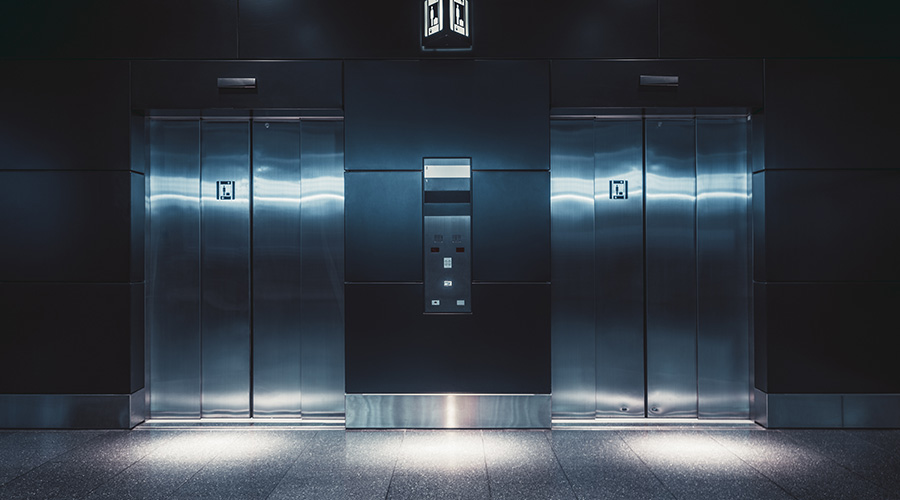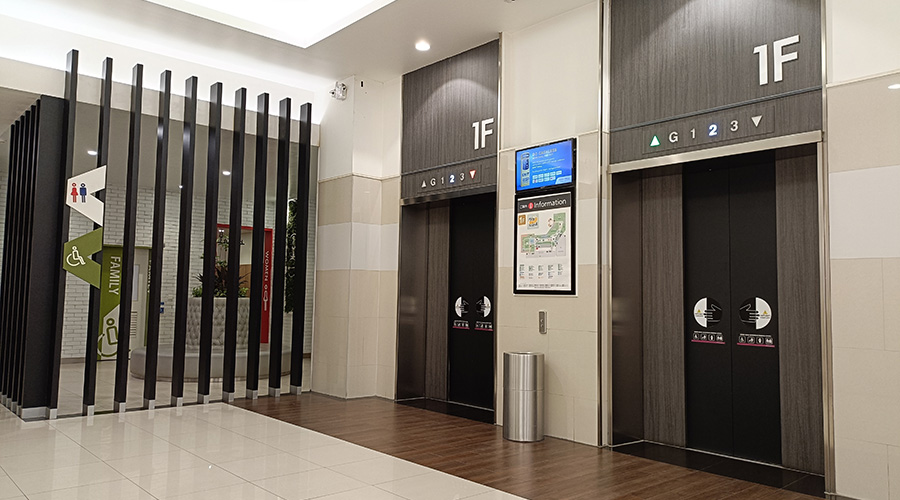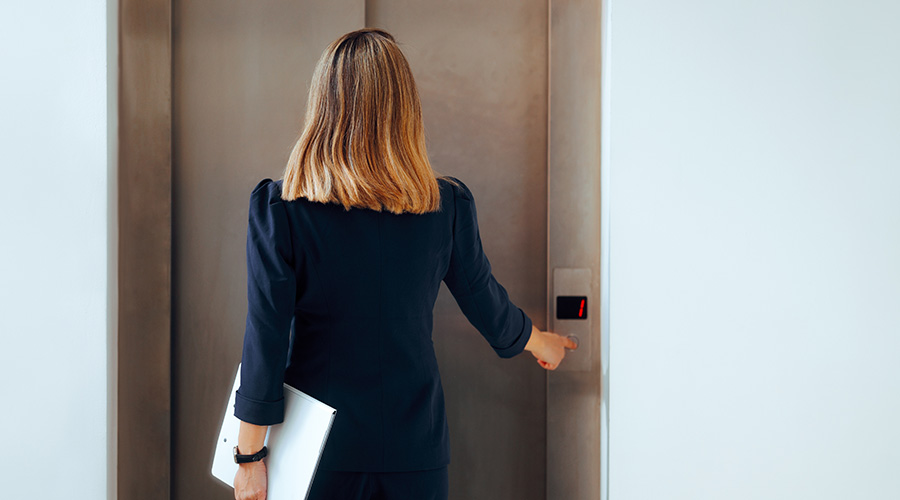How To Know When It's Time To Modernize Elevators
Of course, even with a thorough maintenance program, no elevator will last forever. While it's difficult to say exactly when to modernize — replacing the components that wear out, such as the controls, the push buttons, and the door operating equipment — or to invest in a complete replacement, facility managers can use several indicators as guides. Here's what to look for to know when it's time to modernize elevators.
When an elevator no longer complies with code or no longer is supported by its manufacturer, a modernization generally is in order. An elevator that no longer meets service level expectations for the facility also may be a candidate for modernization, Donnelly notes.
Another sign that an elevator may require modernization: when even increased maintenance no longer suffices, Hines says. Instead, the failures continue and reliability suffers.
Given that a modernization can run to six figures per elevator, planning and budgeting is essential, Hines says. Similarly, facility managers should allocate a reasonable amount from their operating budgets for elevator maintenance. As with most things in life, you get what you pay for. If a facility manager severely squeezes an elevator contractor on price, that contractor may be less likely to, say, proactively replace parts before they completely fail, so that their installation can be scheduled to minimize disruption.
Conversely, a strong, solid maintenance program, while it may seem to cost more initially, can benefit the bottom line. "The elevators' serviceable life gets extended and reliability also gets a boost,' Donnelly says.
In addition, proper maintenance can aid a company if a building occupant or visitor alleges improper elevator operation caused an accident, Gregory notes. Accurately documenting the maintenance work and inspections completed may show that the facility manager had taken reasonable steps to prevent such an incident. Should the charge lead to legal action, the records may be able to keep things from getting out of hand, he adds.
Moreover, even when a facility manager hires an elevator contractor to perform preventive maintenance, he or she should observe and check the work performed. "A second set of eyes is always helpful,' Gallo says.
Karen Kroll, a contributing editor for Building Operating Management, is a freelance writer who has written extensively about real estate and facility issues.
Related Topics:














